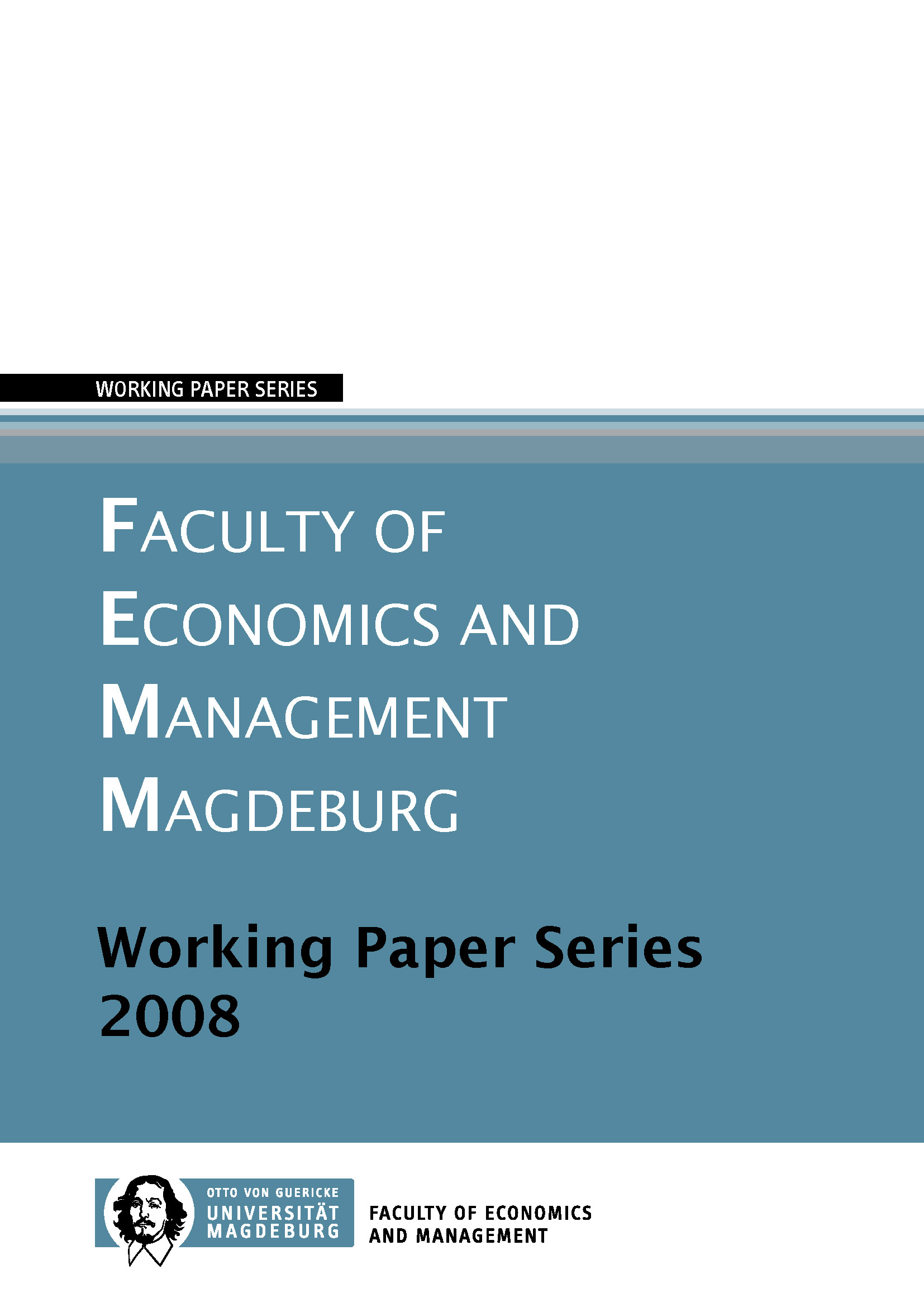Who has really paid for the Reconstruction of East Germany?
Expected and Realized Returns on Real Estate Investments in East and West Germany in the 1990s
DOI:
https://doi.org/10.24352/UB.OVGU-2018-348Keywords:
real-estate investment, after-tax return on investment, tax subsidies, Assisted Area Law (Fördergebietsgesetz), empirical study, income tax reduction, loss offset, special depreciation, return on equity capital (ROE), property pricesAbstract
The purpose of this paper is to challenge the wide-spread view that investment in residential property in East Germany after unification has turned out to be a financial disaster in most cases by calculating (1) the after-tax return an investor in real property might have expected at the beginning of the 1990s and (2) the after-tax return that has been realized ten years after. We compare investments by a high-income investor resident in Germany in an average individually-owned flat in three major cities in East Germany and two cities in West Germany. The result of our study is that tax subsidies have protected investors from loosing money in a real estate investment. Therefore, it was indeed the taxpayers not the investors who have borne the cost of reconstructing East Germany. But taxpayers have spent a lot more on subsidising the much bigger West German housing market where property prices and tax subsidies per average investment were much higher.


